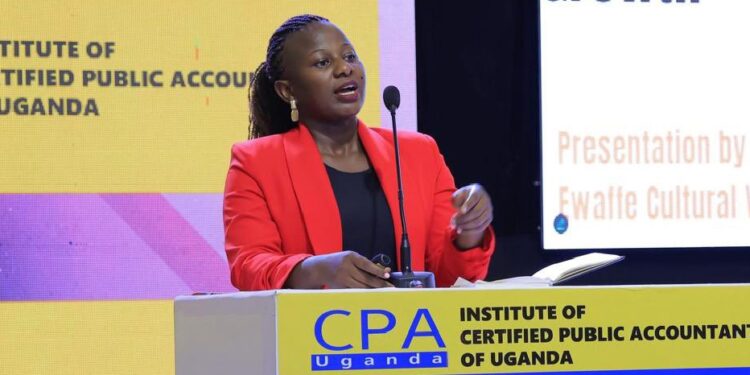Entebbe — Uganda’s creative and cultural industries have been hailed as a sleeping giant for inclusive economic growth, employment, and national identity during the closing session of the 13th ICPAU Economic Forum held at Imperial Resort Beach Hotel, Entebbe.
Speaking during the session on Culture and the Creative Economy, Ms. Aisha Nabwanika, CEO of Ewaffe Cultural Village, emphasised that the creative economy goes far beyond art and entertainment.
“It’s Uganda’s future, and it’s already employing thousands, from youth-led performances to digital content creators across the country. Uganda has over 55 unique cultures, but many are vanishing under the weight of modernity,” she said.
Nabwanika stressed the urgent need to preserve Uganda’s 55 distinct cultures, warning that many are disappearing under the pressures of modernity. “Culture is the only tourism product that delivers a truly local experience. Every lion looks the same, but each community’s dance, story, or meal is unique,” she noted.
She called for greater integration of culture into school curricula and national tourism strategies to foster identity-driven economic growth.
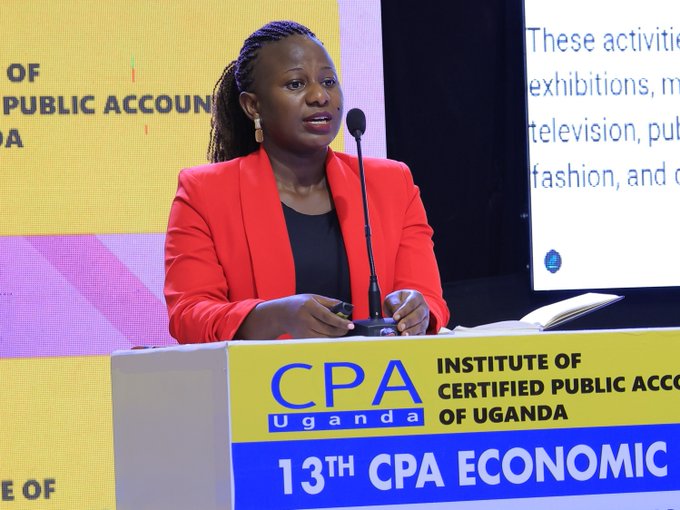
Through Ewaffe Cultural Village, Nabwanika offers immersive tourism experiences, ranging from traditional cooking to backcloth making, and provides rural artisans with an income stream. “One $50 visit supports local guides, farmers, dancers, even mobile money vendors.”
She said Uganda’s cultural wealth, if properly invested in, is a sleeping giant for inclusive growth. “Tourism isn’t just about safaris, it’s about stories, songs, and shared meals,” said Nabwanika.
She challenged the forum to broaden investment in cultural tourism, urging the government to create policies and funding mechanisms for Uganda’s growing creative industries.
“We’re asking investors to support culture, just as they do tech or agriculture. Culture is not only soft power, it’s hard revenue. The creative industry is not a luxury. It is a necessity for economic growth,” declared Nabwanika, CEO of Ewaffe Cultural Village.
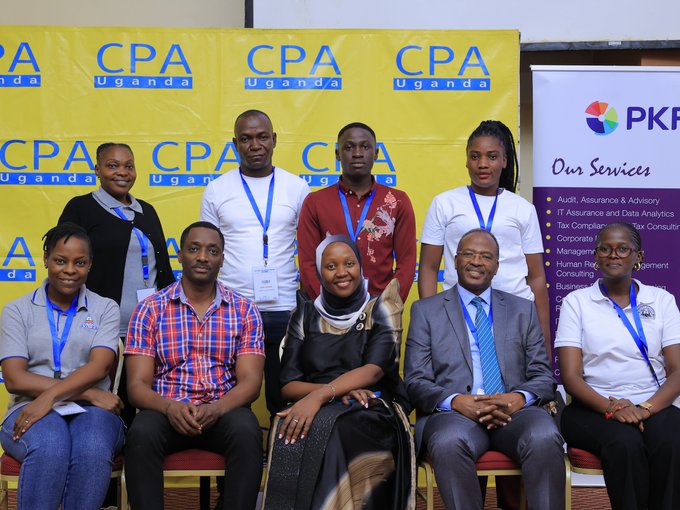
According to her, Uganda’s identity, its languages, dance, crafts, and cuisine, must be preserved and commercialised sustainably. “I left accountancy to build a cultural village. I now employ over 20 youth and serve tourists from around the world. Let us see culture not just as heritage, but as opportunity.”
Despite challenges like overregulation and underfunding, Nabwanika highlighted how cultural tourism creates jobs and sustains livelihoods across Uganda. “One $50 visit supports local guides, farmers, dancers, even mobile money vendors,” she explained.
Filmmaker Mathew Nabwiso made an emotional plea to invest in Ugandan storytelling, noting that film is not just content; it’s a cultural archive, a vehicle for national unity, and a beacon for tourism. “We have powerful stories, about the Uganda Martyrs, the King’s Escape, and ancient inter-tribal bonds. If we don’t tell them, who will?”
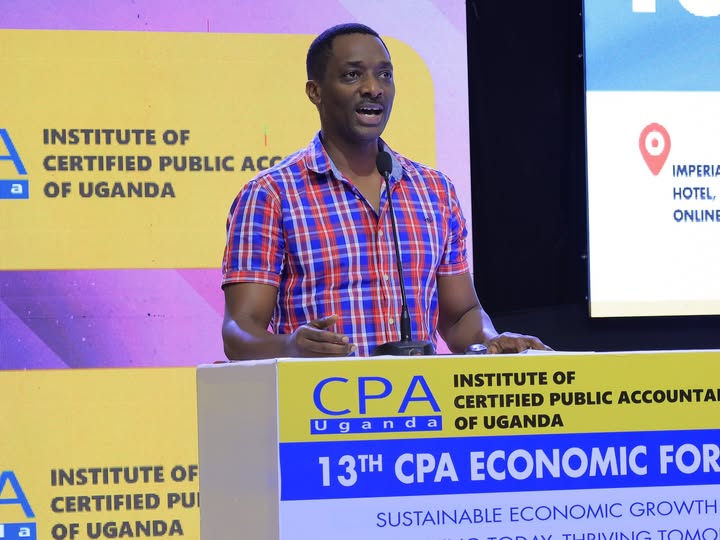
He said the film industry has the reach, the youth, and the hunger. Now it needs capital, infrastructure, and policy support to rise. During his presentation, the award-winning actor and filmmaker made a compelling case for investing in Uganda’s creative economy.
With films like Sanyu employing hundreds, he reminded his audience that film isn’t just art; it’s also employment, revenue, and a national identity. “While filming Sanyu, we employed 85 permanent staff and over 500 non-permanent crew. Multiply that across series, and you get an industry that powers livelihoods.”
Nabwiso further highlighted the multiplier effect of the creative economy, saying that from telecoms to catering, law to insurance, filmmaking drives demand across industries.

“Remove stigma around creative funding. Let banks and policymakers realise film isn’t a side hustle, it’s an engine for inclusive growth. Every young person around the world dreams of going to America—not just because of the infrastructure, but because of the stories America has told.”
Mr. James Wasula, Executive Director of Afrigo Band and the Parliamentary Forum for Creative Industries, echoed Nabwanika’s concerns, urging policymakers to shift from restrictive regulation to active promotion of the creative sector.
He criticised outdated colonial-era laws that continue to stifle artists and cultural entrepreneurs. “Artists are forced to seek approval from multiple agencies just to host a concert. Too many laws still treat artists like suspects, not citizens,” he said.
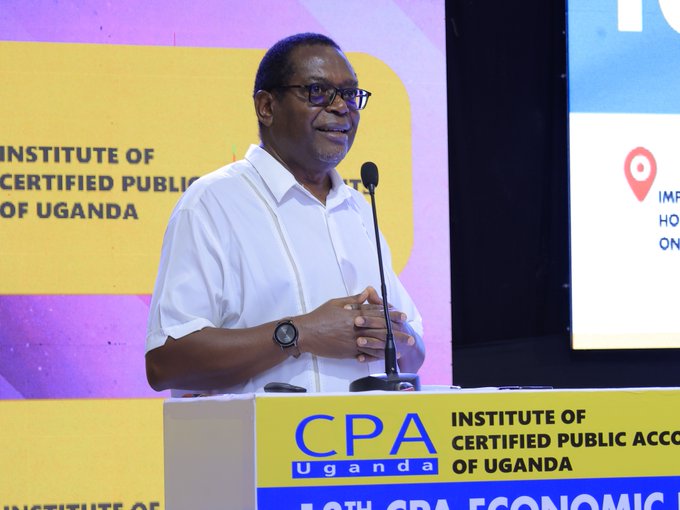
Wasula also pointed out the gap between policy rhetoric and resource allocation, noting that while the African Union recommends 1% of national budgets for culture, Uganda allocates a mere 0.001%. “If we are serious about unlocking the creative economy’s potential, we must back our words with real resources,” he urged.
The session, chaired by CPA Sandra Batte Nakibuule, Associate Director at Ernst & Young, focused on unlocking the full potential of Uganda’s cultural and creative assets to drive innovation, jobs, and inclusive growth.
Circular Economy: Waste as Wealth
Earlier in the forum, attention turned to Uganda’s environmental and waste management challenges through a session on Circular Economy: Rethinking Waste to Create Wealth. Peter Okwoko, co-founder of TakaTaka Plastics, showcased how the organisation is transforming Uganda’s plastic waste crisis into an opportunity for jobs and economic empowerment.
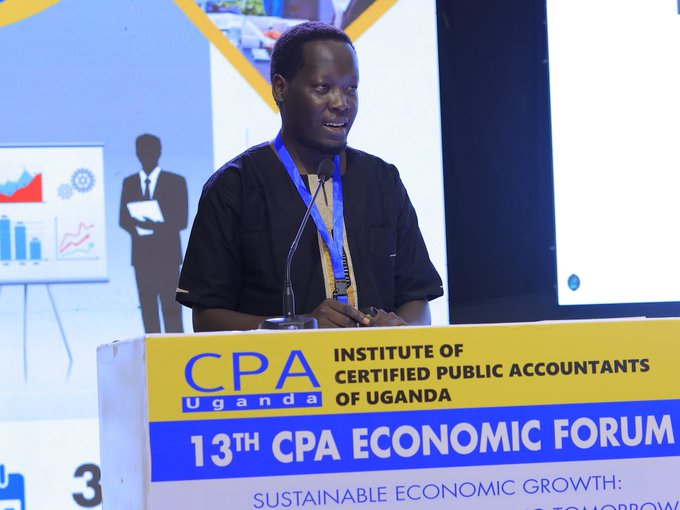
“Uganda produces 600 tonnes of plastic waste daily, yet only 6% is recycled,” Okwoko said. Through innovations like plastic building tiles and school slates made from recycled PET bottles, TakaTaka Plastics is not only tackling environmental challenges but also creating employment for vulnerable youth in Gulu, where unemployment is twice the national average.
“Every slate we produce removes 20 plastic bottles from the environment. We’re not just reducing waste — we’re redefining livelihoods,” Okwoko added. His organisation has trained 2,500 school children and reached over 13 million people through environmental education.
Okwoko called for tax incentives, import duty waivers for recycling technology, VAT zero-rating, and innovation grants to scale solutions like TakaTaka Plastics nationwide. “A circular economy isn’t optional. It’s Uganda’s only path forward,” he concluded.

The 13th ICPAU Economic Forum once again provided a platform for bold ideas and practical solutions to some of Uganda’s pressing economic challenges, from cultural preservation and creative industry growth to sustainable waste management and youth employment.
Hosted under the theme “Building Resilience through Innovation”, the forum brought together thought leaders, policymakers, and innovators to reimagine Uganda’s economic future through culture, creativity, and sustainability.








